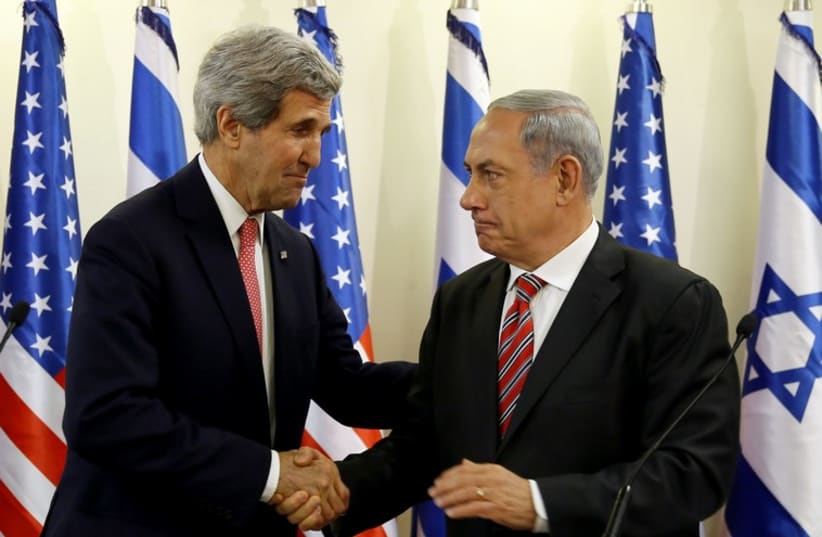Kerry to hold emergency meeting with Netanyahu ahead of Palestinian push at UN
PA hopes for UNSC resolution on Israeli-Palestinian conflict by Christmas; Chief PLO negotiator Saeb Erekat says if UNSC resolution rejected Palestinians will join ICC that same day.
